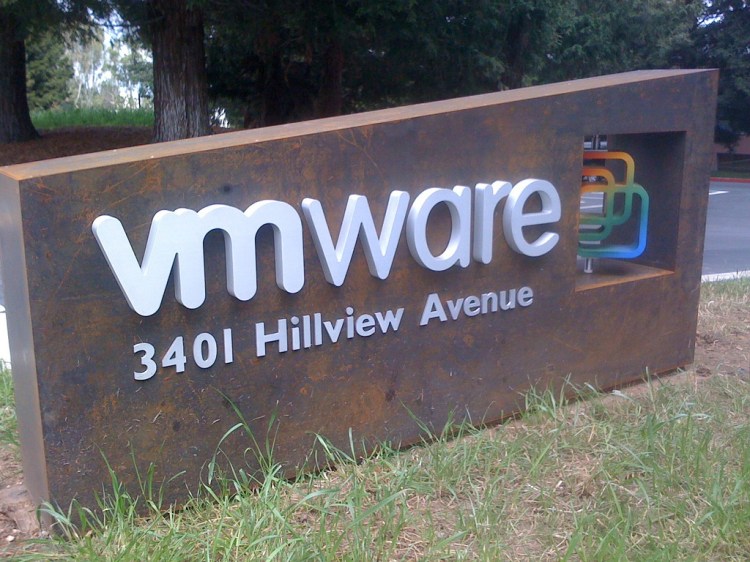Today, VMware announced that it has succeeded in integrating Docker containers, a technology that’s currently hot among developers, into its own widely used vSphere server-virtualization software. The news might seem like just another enterprise tech company embracing the latest trend. But really, there’s an existential story to tell.
VMware supporting Docker was a necessity, like keeping your enemies closer.
Docker and the containers it has now made into a technological novelty — they package up application code and make it easy to transport applications from one server environment to another — represents outright competition to the virtual machines that are the very legacy of VMware as a company. Moving quickly to look like a supporter rather than an unfriendly, stubborn opponent would not have been in the best interest of VMware customers that are open to any tools that can help them operate more efficiently.
VMware chief executive Pat Gelsinger first said in August that it was working with Docker, with the goal of making containers “enterprise ready.” So today’s statement is evidence of VMware following through with technology that supports Docker — not only in vSphere but also in its public cloud, vCloud Air. (This follows container integrations from other public clouds, like Amazon Web Services and IBM.)
But VMware is going even further, also saying that it’s integrating with the open-source Kubernetes container manager — and working with Mesosphere to give more options for tools to schedule the deployment of applications in containers on physical servers.
Mesosphere has moved to adopt containers, and Google has been vocal about its desire to enable people to run containerized applications, offering Kubernetes in the open-source and its Container Engine as a commercially available implementation of Kubernetes. Surely VMware doesn’t want to inadvertently advance corporate initiatives from these companies, but it does need to enable customers to try out open-source tools in their own data centers. If not, a key contributor of VMware’s quarterly revenue could be at risk. And so, interoperability, integration, and strategic alliance is the middle ground for VMware to hone in on.
Sure, one could argue that VMware has always sought to embrace containers, as they’re an option with the open-source Cloud Foundry project initiated by Pivotal, which itself is a spinoff from VMware and EMC. But Docker is credited with starting the container revolution after releasing its containers under an open-source license last year. Docker is the biggest and most important target for VMware. Then came Mesosphere, Google, and others in their rush to support containers.
And so now VMware is taking action — just like Microsoft, another virtualization provider. Because the container market is real, and the biggest technology infrastructure companies know it.


